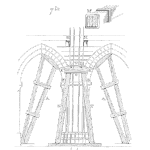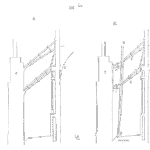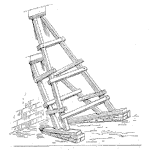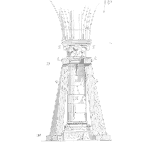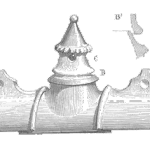
Metering and dosing pump operation. Any positive displacement pump can be used as a metering or dosing pump. The purpose of these pumps is to inject a known volume of liquid into a process stream. The primary requirement is that over a given period of time the pump consistently delivers the same amount of liquid. Keyword: gear pump, piston pump, helical rotor pump, diaphragm pump, peristaltic (hose) pump, additive, dosing rate. [Read more…]

